
Leon Botstein
A conductor, music historian, and educator, Leon Botstein has been president of Bard College since 1975. He has been music director and principal conductor of the American Symphony Orchestra since 1992 and music director of The Orchestra Now (TŌN) since its founding in 2015.
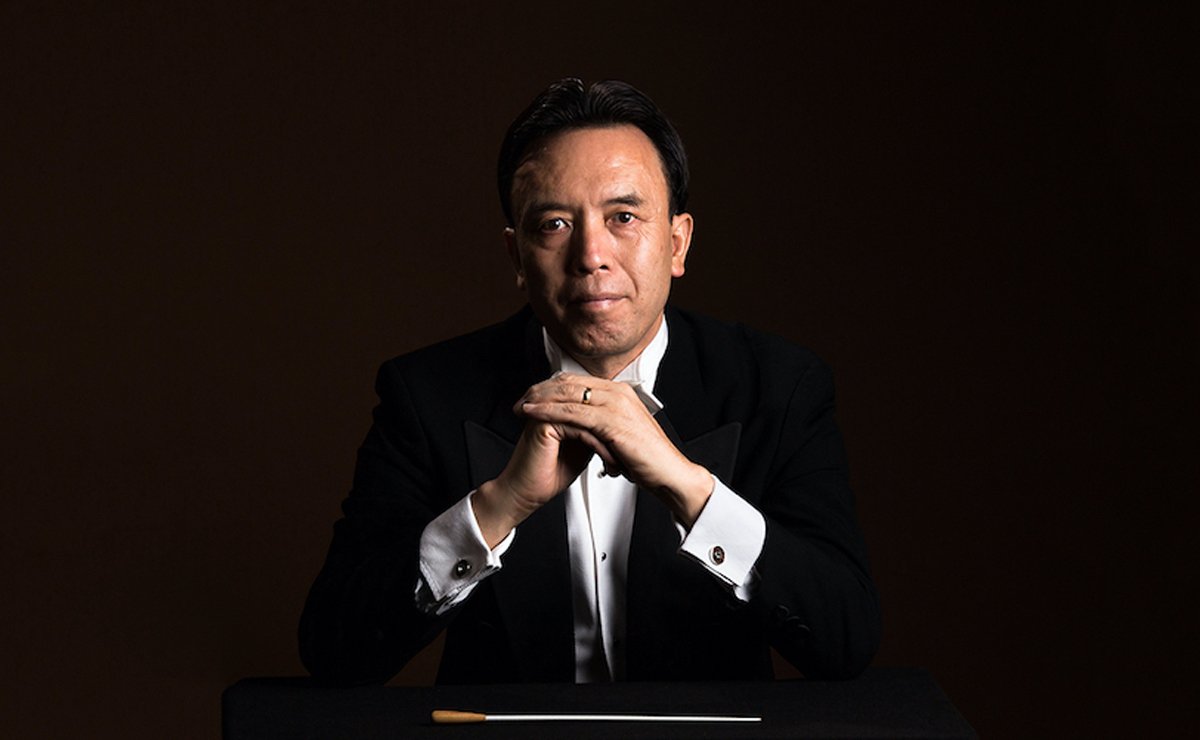
Jindong Cai
Conductor Jindong Cai is the director of the US-China Music Institute, professor of music and arts at Bard College, and associate conductor of Bard’s The Orchestra Now. Before coming to Bard, Cai was a professor of performance at Stanford University. Over the 30 years of his career in the United States, Cai has established himself as an active and dynamic conductor, scholar of Western classical music in China, and leading advocate of music from across Asia. At Bard, Cai founded the annual China Now Music Festival. In its first three seasons, China Now presented new works by some of the most important Chinese composers of our time, with major concerts performed by The Orchestra Now at Bard’s Fisher Center for the Performing Arts, Lincoln Center, Carnegie Hall, and Stanford University. In 2019, the festival premiered a major new work by Pulitzer Prize–winning composer Zhou Long, Men of Iron and the Golden Spike—a symphonic oratorio, in commemoration of the Chinese railroad workers of North America on the 150th anniversary of the completion of the Transcontinental Railroad. Together with his wife Sheila Melvin, Cai has coauthored many articles on the performing arts in China and the book Rhapsody in Red: How Western Classical Music Became Chinese. Their latest book, Beethoven in China: How the Great Composer Became an Icon in the People’s Republic, was published by Penguin in September 2015.

Wu Man, pipa
Recognized as the world’s premier pipa virtuoso, Wu Man is a soloist, educator and composer who gives her lute-like instrument—which has a history of more than 2,000 years in China—a new role in both traditional and contemporary music. Wu Man has premiered hundreds of new works for the pipa, while spearheading multimedia projects to both preserve and create global awareness of China’s ancient musical traditions. Projects she has initiated have resulted in the pipa finding a place in new solo and quartet works, concertos, opera, chamber, electronic, and jazz music as well as in theater productions, film, dance, and collaborations with visual artists. She has performed in recital and with major orchestras around the world, is a frequent collaborator with ensembles such as the Kronos Quartet and Shanghai Quartets and The Knights, and is a founding member of the Silkroad Ensemble. Wu Man has appeared in more than 40 recordings throughout her career, including seven Nominee Awards and the Silkroad Ensemble’s Grammy Award-winning recording Sing Me Home, featuring her own composition. She is also a featured artist in the 2015 documentary The Music of Strangers: Yo-Yo Ma and the Silk Road Ensemble.
Born in Hangzhou, China, Wu Man studied at the Central Conservatory of Music in Beijing, where she became the first recipient of a master's degree in pipa. At age 13, she was hailed as a child prodigy and became a nationally recognized role model for young pipa players. She subsequently received first prize in the First National Music Performance Competition, among other awards, and participated in many premieres of works by Chinese composers. She moved to the U.S. in 1990 and was awarded the Bunting Fellowship at Harvard University in 1998. Wu Man was the first Chinese traditional musician to receive the United States Artist Fellowship (2008) and the first artist from China to perform at the White House. In 2013, she was named Musical America’s Instrumentalist of the Year. She is a distinguished Professor at both the Zhejiang and the Xi'an Conservatory, China, as well as a visiting faculty member of the Bard College Conservatory of Music’s US-China Music Institute. wumanpipa.org
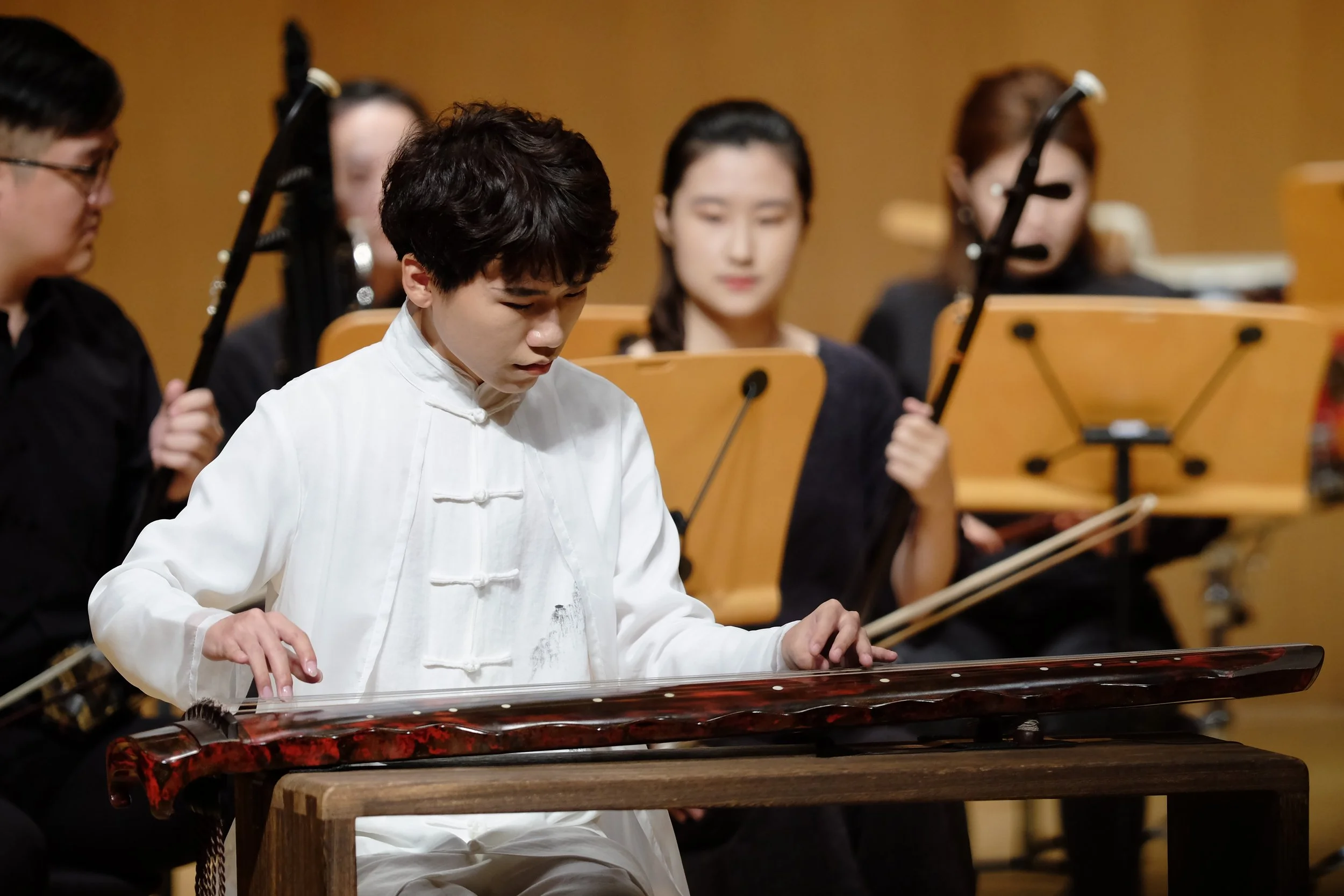
Bryan Zhe Wang '24 (CMC), guqin
Bryan Zhe Wang is one of the first candidates in Bard Conservatory’s Master of Arts in Chinese Music and Culture, where he studies with the guqin virtuoso Professor Zhao Jiazhen of the Central Conservatory in Beijing.
In the 2021 Singapore International Guqin Invitational Tournament, he ranked first in both the Traditional and the Non-Traditional category. In 2022, he won the Bard Conservatory Concerto Competition with a performance of "A Fall Picture of Wild Geese in Cattail and Hibiscus" by Li Yuejin (b. 1995).
Bryan’s educational background straddles language and music. He holds a Bachelor’s degree in English Literature and Linguistics and a Master’s degree in Translation and Interpreting from Beijing Foreign Studies University. His intercultural mindset and academic literacy gained in his previous studies facilitate his research in Chinese music in the US. In the future, he plans to expand his studies to a Ph.D. in ethnomusicology.

Chen Bing
A professor in the Conducting Department at the Central Conservatory of Music (CCOM), Chen Bing is one of China’s most promising conduc- tors. She has conducted concerts in more than a dozen countries in Asia, North America, South America, and Africa. Her repertoire covers a wide range of musical forms, including symphony, opera, choral works, Chinese music, and chamber music. Chen previously worked as assistant to Maestro Zubin Mehta, and was later invited by the National Centre for the Performing Arts in Beijing to produce the opera Aida. She has conducted at a number of events for world leaders, heads of state, and ambassadors, and produced numerous albums, including Tug at China’s Heartstrings, which is in the permanent collection at the Library of Congress. Committed to the promotion of Chinese music, she frequently conducts new concerts featuring a wide variety of both Chinese and Western pieces.
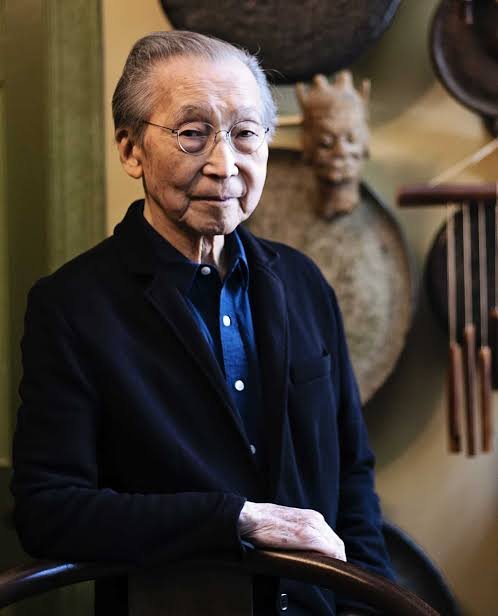
Chou Wen-Chung
Chou Wen-Chung was born in Yantai, China, in 1923, and moved to the United States in 1946. His earliest work, Landscapes, written in 1949, is often cited as the first composition in music history that is independent of either Western or Eastern musical grammar. The piece premiered in 1953 with the San Francisco Symphony, conducted by Leopold Stokowski, and launched the young composer onto a career which steadily gained in momentum over the next two decades.
His unique canon of work, a contemporary expression of the principles of traditional Chinese aesthetics, has had a momentous impact on the development of modern music in Asia and in post-colonial cultures. He exhorted young composers to study their own cultural heritage and warned: “If you don’t know where you came from, how do you know where you are going?” His students represent an international mix of accomplished composers, including the acclaimed Tan Dun, Zhou Long, Chen Yi and Bright Sheng. His vision for the music of the future, however, extends far beyond the preservation of any particular heritage. He foresaw a flourishing of creative output, benefitting from a “confluence” of many cultures, but grounded in an understanding of the history and traditions of each.
Excerpted from Chou’s biography by Michelle Vesper at chouwenchung.org
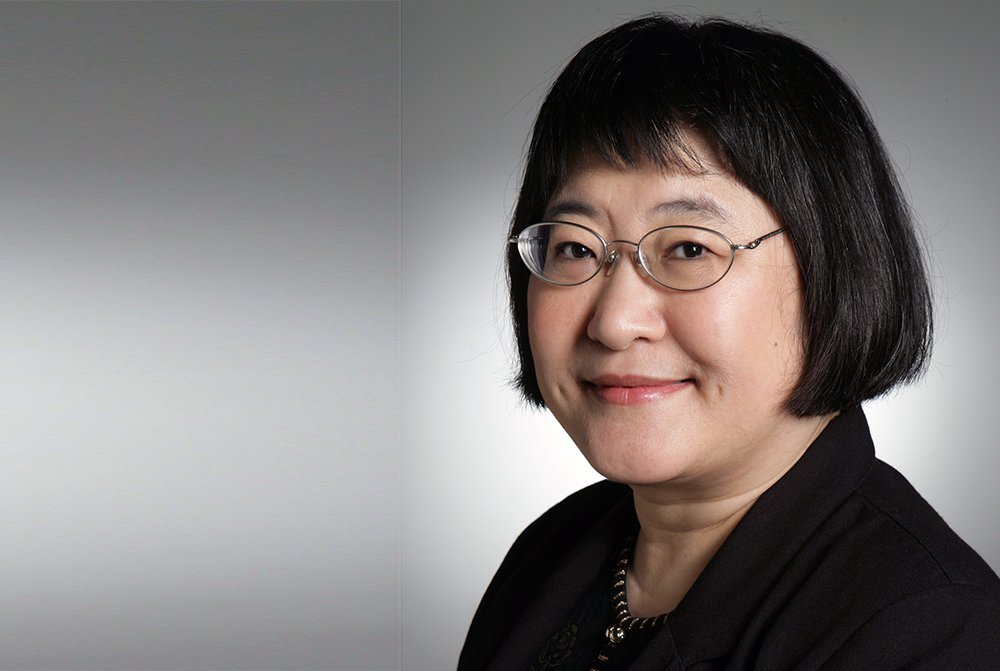
Chen Yi
As a prolific composer who blends Chinese and Western traditions, transcending cultural and musical boundaries, Dr. Chen Yi is a recipient of the Ives Living Award from the American Academy of Arts and Letters in 2001. She has been Lorena Cravens/Millsap/Missouri Distinguished Professor at the Conservatory of Music and Dance in the University of Missouri-Kansas City since 1998. She was elected to American Academy of Arts & Sciences in 2005, and the American Academy of Arts & Letters in 2019.
Born in China, Ms. Chen received bachelor and master degrees from the Central Conservatory in Beijing, and the Doctor of Musical Arts degree from Columbia University in the City of New York. Her composition teachers included Profs. Wu Zu-qiang, Chou Wen-Chung, and Mario Davidovsky. She has served as Composer-in-Residence for the Women’s Philharmonic, Chanticleer, and Aptos Creative Arts Center (1993–96) supported by Meet The Composer, and taught on the composition faculty at Peabody Conservatory of Johns Hopkins University (1996–98). She has also been Distinguished Visiting Professor in China since 2006. Learn More

Zhou Long
Zhou Long is internationally recognized for creating a unique body of music that brings together the aesthetic concepts and musical elements of East and West. Winner of the 2011 Pulitzer Prize for his first opera, Madame White Snake, Dr. Zhou also received the American Academy of Arts and Letters Award, the 2012-2013 Elise Stoeger Prize from Lincoln Center Chamber Music Society. He has been two-time recipient of commissions from the Koussevitzky, Fromm Music Foundations, Meet the Composer, Chamber Music America, and the New York State Council on the Arts. He has received fellowships from the National Endowment for the Arts, the Guggenheim and Rockefeller Foundations, and the New York Foundation for the Arts. In 2015, Zhou Long and Chen Yi both were nominated the 58th Grammy Award.
Born on July 8, 1953 in Beijing. Zhou Long enrolled in the Central Conservatory of Music in Beijing in 1977. Following graduation in 1983, he was appointed composer-in-residence with the China Broadcasting Symphony. He travelled to the United States in 1985 under a fellowship to attend Columbia University, where he studied with Chou Wen-Chung, Davidovsky and Edwards, receiving a Doctor of Musical Arts degree in 1993. Dr. Zhou is currently Distinguished Professor of Music at the University of Missouri-Kansas City Conservatory of Music and Dance. Learn More
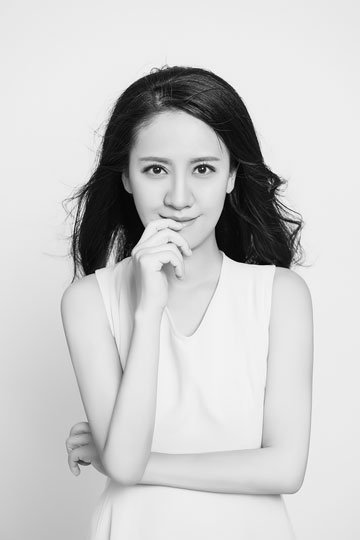
Jiang Ying
Jiang Ying is a contemporary Chinese composer and musician dedicated to exploring and innovating in the field of ethnic music. She began learning the pipa at the age of 7 and started studying composition at 16. In 2010, she graduated from the Shanghai Conservatory of Music, earning a master's degree in composition. That same year, she joined the Shanghai National Music Group as a resident composer. In 2013, she moved to the Central National Music Group, also as a resident composer.
Some of her major works include the ethnic orchestral piece "The Silk Road," the ethnic music dramas "Impression of Chinese Music" and "Encounter with Chinese Music," and the ethnic instrumental drama "Xuanzang's Journey to the West." Jiang Ying's compositions have won numerous awards in domestic and international competitions, including the top prize, the Wenhua Award, at the 18th National Music Composition Competition held by the Chinese government. She has also received the "New Yi Cup" Gold Award for Young Composers of Ethnic Orchestral Music organized by the Ministry of Culture's Art Department and the Chinese Society of Ethnic Orchestral Music, as well as the Young Composer Award from the Ministry of Culture of China.
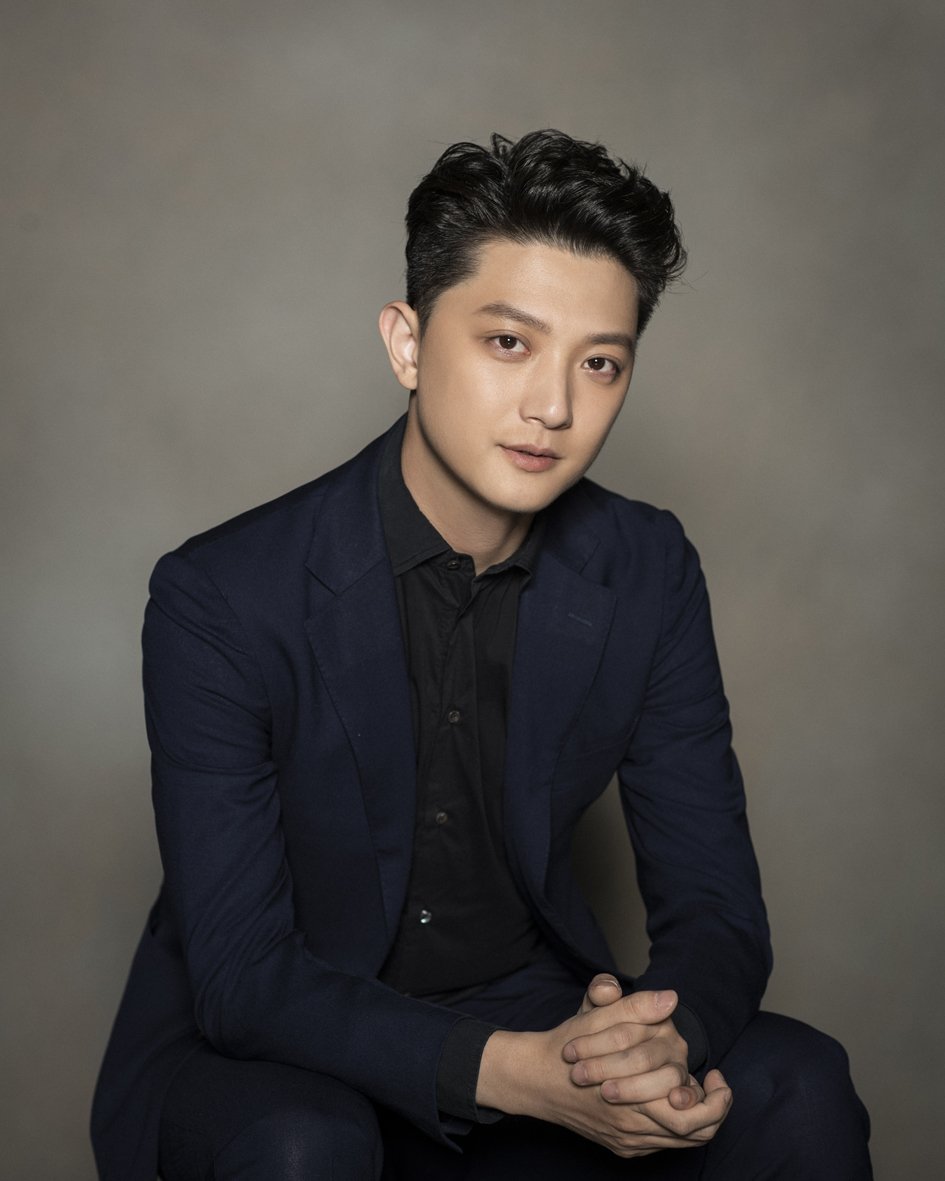
Li Shaosheng
Li Shaosheng is a composer in residence in China National Symphony Orchestra and Guangxi Symphony Orchestra. He is a member of Chinese Musicians Association, and the director of Chinese Musicians Association Composition and Composition Theory Society and American New Asian Music Association in China. He is the vice president of Shenzhen Performing Arts Exchange Association.
He studied at Central Conservatory of Music, the high school affiliated to the conservatory and the college. He then went to the United States and attended the Juilliard School and UMKC Conservatory of Music and Dance. He is the first Chinese composer admitted to the composition department of the Juilliard School from Central Conservatory of Music. Li Shaosheng's works cover various genres including symphony, chamber music, and opera. He has won many domestic and foreign awards. Learn More

Huang Wen
Huang, Wen is a dynamic and prolific composer and pianist from China. She graduated from the Composition Department of the Central Conservatory of Music and studied under Prof. Xiaogang Ye, who is the Chairman of the Chinese Musicians' Association and the Dean of the Music School at The Chinese University of Hong Kong, Shenzhen.
Wen has received various composition awards for her works, including the Silver Prize at the 4th Hong Kong China Music Piano Works Competition, the Top Prize at the 2nd China-ASEAN Music Festival Composition Competition, and Silver Prize and Best Work Award from the "Qintai·Dunhuang Cup” Chinese Guqin Art New Works Competition, and she was also the winner of the U.S. Golden Key Composition Competition.
Wen's compositions span a wide range of musical genres and has been involved in creating music for major music festivals, piano performances, film and televisions, and she has collaborated with orchestras such as: The China National Center for the Performing Arts Orchestra, China National Symphony Orchestra, China Philharmonic Orchestra, Changsha Symphony Orchestra, The Hubei Provincial Song and Dance Theatre Ethnic Orchestra, and more.
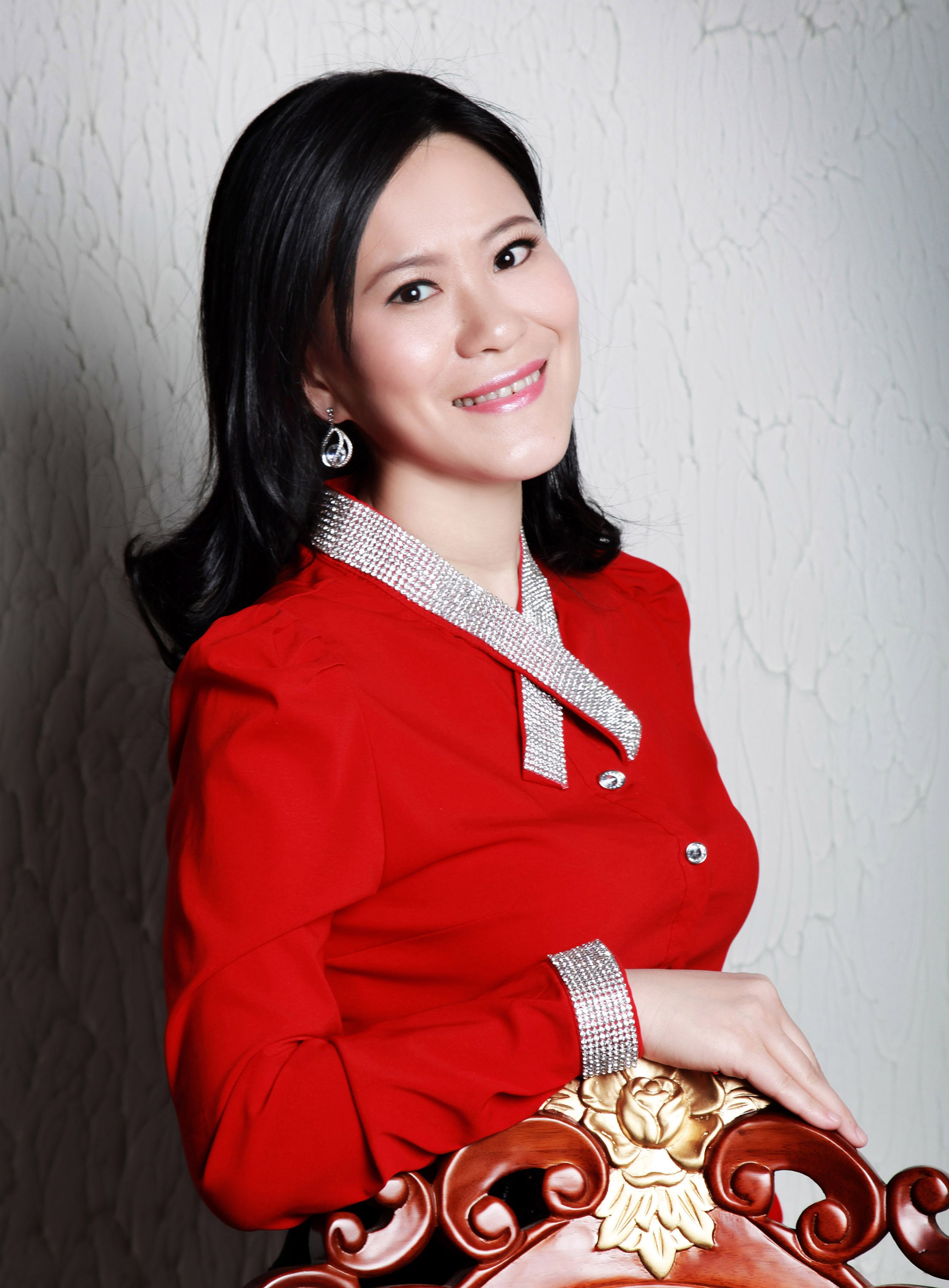
Xinyan Li
A visiting professor of music at US-China Music Institute at Bard College Conservatory of Music, Dr. Li’s music works have been featured at Aspen Music Festival, Carnegie Hall, National Opera Center, Composers Now Festival, Music Mountain Festival, Beijing International Chamber Music Festival, Thailand International Composition Festival, Nordic International Bassoon Symposium, IDRS Annual Conference, and China’s National Center for the Performing Arts.
Rooted in Chinese music and culture, she is specialized in composing for mixed ensembles of Chinese and Western instruments. Her works include a guzheng concerto, a duet for Beijing Opera’s qingyi and xiao, a concerto for Beijing Opera’s hualian and chamber orchestra, a septet for guqin, guanzi and five western instruments, a trio for flute, pipa and cello, and a quartet for flute, pipa, erhu and percussion etc.
As a native Chinese, Dr. Li has conducted field research on folk songs, folk chorus and ethnic instrumental music in villages of various minorities such as Dong, Miao, Yi and Zhuang in southwest China, as well as Mongolia and Dawoer in northeast China. At Bard Conservatory, she has taught Chinese Music Style Composition Workshop and Chinese music course series including Chinese Instrumental Music, Chinese Folk Music, and Chinese Operas. Dr. Xinyan Li received her doctoral degree in composition at University of Missouri-Kansas City Conservatory of Music and Dance. She earned her bachelor’s and master’s degrees at China Conservatory of Music in composition and music theory.
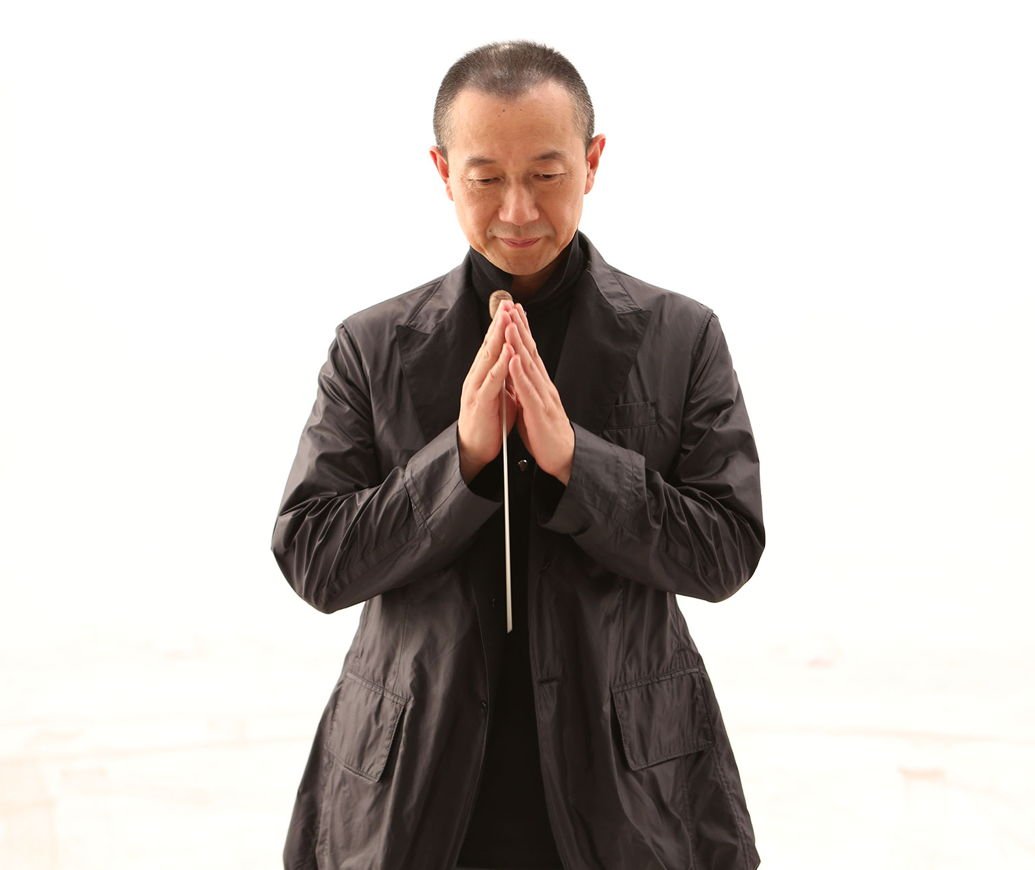
Tan Dun
The world-renowned artist and UNESCO Global Goodwill Ambassador Tan Dun, has made an indelible mark on the world’s music scene with a creative repertoire that spans the boundaries of classical music, multimedia performance, and Eastern and Western traditions. A winner of today’s most prestigious honors including the Grammy Award, Oscar/Academy Award, Grawemeyer Award, Bach Prize, Shostakovich Award, and most recently Italy’s Golden Lion Award for Lifetime Achievement, Tan Dun’s music has been played throughout the world by leading orchestras, opera houses, international festivals, and on radio and television. Most recently, Tan Dun was named as Dean of the Bard College Conservatory of Music. As dean, Tan Dun will further demonstrate music’s extraordinary ability to transform lives and guide the Conservatory in fulfilling its mission of understanding music’s connection to history, art, culture, and society. Learn More
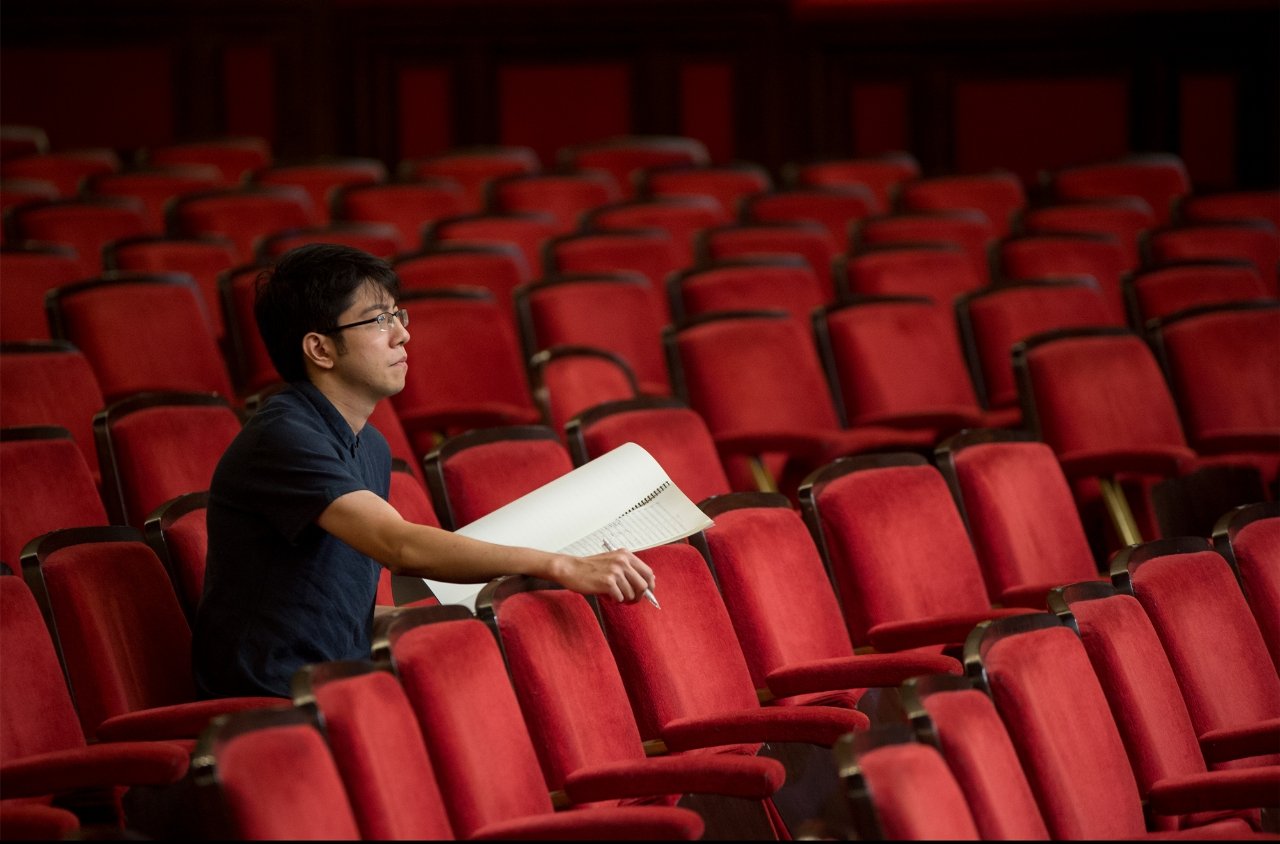
Tian Tian
Tian Tian studied music with his father since he was a child, and graduated from the doctoral class of Professor Qin Wenchen, a famous composer, in 2017, majoring in the Department of Composition of the Central Conservatory of Music during the time as an undergraduate and postgraduate student. After graduation, he was qualified to teach in his school with excellent academic performance in the same year. And now, he is a young teacher in the Department of Composition of the Central Conservatory of Music.
His music creation includes orchestral music, symphonic poetry, chamber music, chamber opera, dance and other forms, with a wide and varied range of themes, which have been played in China and abroad, and caused the industry's strong repercussion. His main works include Concerto for Orchestra and Night Chant of Epiphyllum in Autumn of orchestral music, Ring on August and Dedication to the Journey of symphonic poem, Triple Prism of chamber opera, Monologue in Snowy Night, Green Lantern and Dream Shadow and Yan'an Capriccio of chamber music, and more.
In addition, his work, Concerto for Orchestra, won the George Enescu Symphony Competition in Romania after a rigorous selection by a jury composed of seven top European composers in September 2016. In May 2013, the symphony poem Ring on August won the championship at the Beijing Modern Music Festival Symphony Grand Prix and the fourth Young Composers Program.

Yao Chen
Yao Chen’s music, always ritual in nature, eschews contemporary vogues and instead aims at a timelessness and an otherness that exists beyond the standard categories – music for the moment, but also music for then and music for what lies ahead. Whether his work is brittle or forceful, or often both in coexistence, melancholy and a sense of wonder are recurring characteristics, as is an internationalist orientation grounded in a quest for maximal musical meaning. His perceptions on musical time, timbre, intonation, pulsation, and expression are always at frontiers: between the old and the new, between the East and the West, between irrational mysticism and rational logic. These perceptions have imbued in his many works such as From the Vessel of Ancient Souls, Garden: Unearthing the Way Home, Pipa Plays Opera, The Supplicant, Emanations of Tara, Yearning, and others.
He is professor of Composition at Central Conservatory of Music in Beijing. In the past, he has hold lectureships at the University of Chicago Music Department; professorships at the University of Illinois at Urbana-Champaign School of Music, the Illinois State University School of Music, and the Soochow University School of Music in China. YAO is his surname, and Chen is his first name.

Zhou Juan
Zhou Juan holds bachelor’s and master’s degrees from the Central Conservatory of Music in China, and a doctorate of musical arts from University of Missouri–Kansas City. Her works include Second Language (orchestra), Heroine Trilogy (Chinese orchestra), Wu Kong (chamber opera), Hamlet (incidental music), Oedipus the King (incidental music), Roots of Culture (a cappella chorus), and many chamber works. She received two China National Arts Fund awards, two Golden Bell Awards, two National Music Composition Awards, China National Centre for the Performing Arts Young Composer Program Award, ASCAP Foundation’s Morton Gould Young Composer Award, and GEDOK International Composition Competition award in Germany, among others. She received commissions from the Korean Traditional Arts Foundation, Beijing People’s Art Theatre, Chongqing Opera House, Adorno Ensemble, Nieuw Ensemble in Amsterdam, Kansas City Chorale, Mizzou New Music Initiative Summer Festival, Virginia Arts Festival, Lepzig Bach Festival, Nelson-Atkins Museum of Arts, Festival Alte Musik Knechtsteden, Juilliard School Focus! 2018, Tiankong Choir, Shanghai International Arts Festival, Staunton Music Festival, and many others. She is a professor of music composi- tion at the Central Conservatory and recipient of the Edgar Snow Fellowship in music.

Gary Ginstling
Gary Ginstling has a 20-year career as an orchestra leader, with a strong track record of increasing ticket sales and fundraising, developing innovative programming, and building community ties. He became the New York Philharmonic’s President and CEO on July 1, 2023, after joining the Orchestra as Executive Director in November 2022, when his activities included working with NY Phil leadership to engage Gustavo Dudamel as the Orchestra’s next Music and Artistic Director, to begin in 2026. Learn More
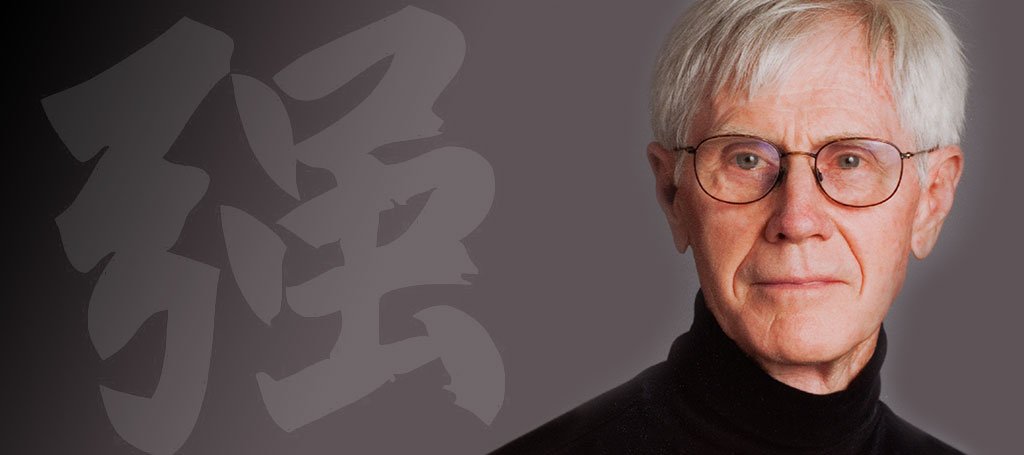
Orville Schell
Orville Schell is the Arthur Ross Director of the Center on U.S.-China Relations at Asia Society in New York. He is a former professor and Dean at the University of California, Berkeley Graduate School of Journalism.
Schell is the author of fifteen books, ten of them about China, and a contributor to numerous edited volumes. His most recent books are: Wealth and Power, China’s Long March to the 21st Century; Virtual Tibet; The China Reader: The Reform Years; and Mandate of Heaven: The Legacy of Tiananmen Square and the Next Generation of China’s Leaders. He has written widely for many magazine and newspapers, including The Atlantic Monthly, The New Yorker, Time, The New Republic, Harpers, The Nation, The New York Review of Books, Wired, Foreign Affairs, the China Quarterly, and The New York Times, the Washington Post, and the Los Angeles Times.
Schell was born in New York City, graduated Magna Cum Laude from Harvard University in Far Eastern History, was an exchange student at National Taiwan University in the 1960s, and earned a Ph.D. (Abd) at University of California, Berkeley in Chinese History. He worked for the Ford Foundation in Indonesia, covered the war in Indochina as a journalist, and has traveled widely in China since the mid-70s. Learn More

Yu Hongmei
A graduate of the Central Conservatory of Music (CCOM), Yu Hongmei is one of the most brilliant erhu virtuosos as well as the most influential erhu educator in contemporary China. She is an educator, professor, graduate supervisor and is in the top leadership at the prestigious Central Conservatory of Music in Beijing.
Yu Hongmei maintains an active solo career in erhu performing. She has toured Europe, America, Africa, and many regions in Asia, and has successfully held hundreds of recitals in the United States, France, Canada, Japan, Hong Kong, and mainland China. Her album “String Glamour” won the Indie Award for Best Traditional World Music by Indie Music in the United States. She was the first Chinese recipient honored for this award in its 30-year history. Learn More
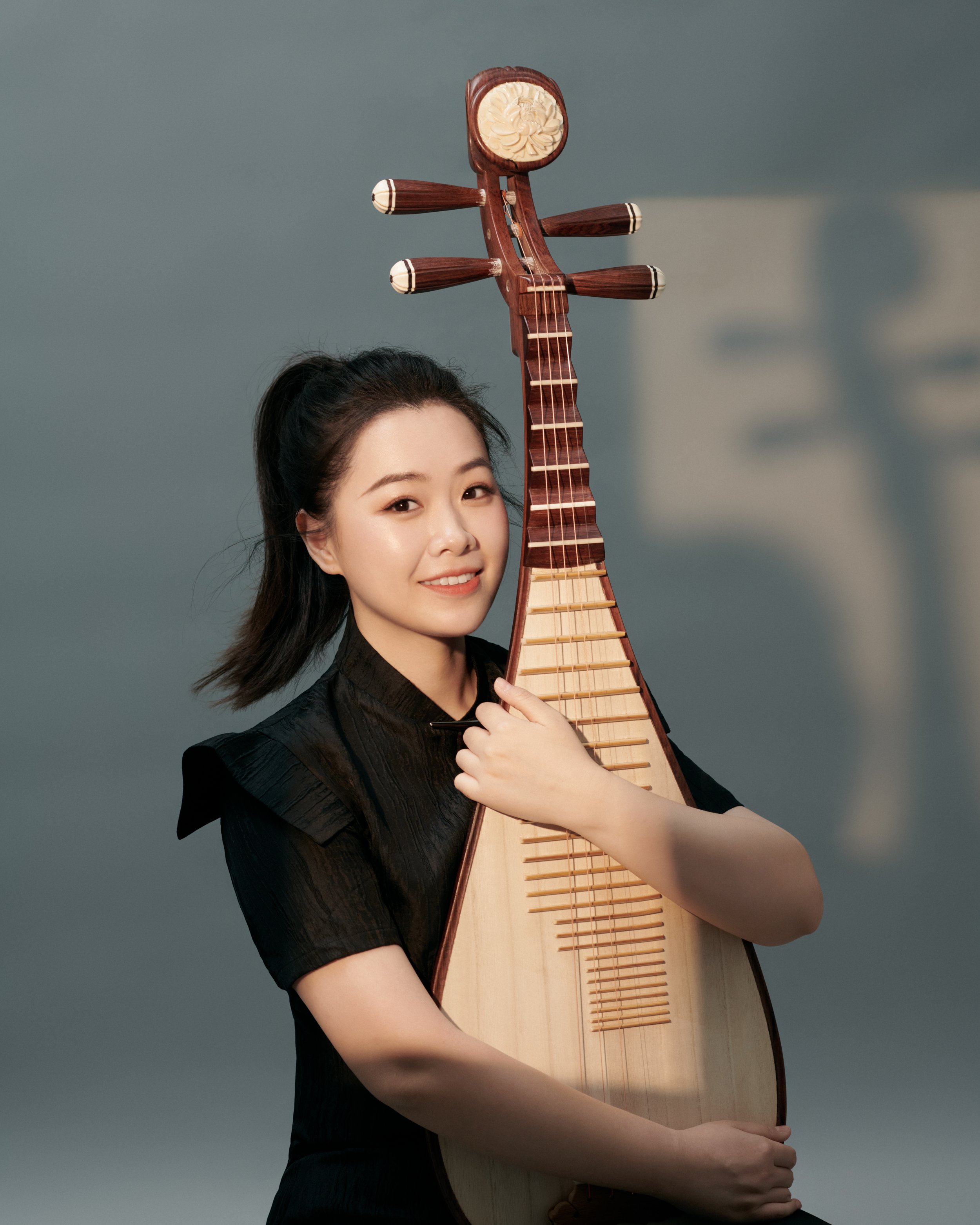
Liu Xiaojing, pipa
Liu Xiaojing is a young pipa player, a pipa teacher in the Folk Music Department of the Central Conservatory of Music (CCOM), instructor of the part of the Plucked String Orchestra of CCOM, and a major member of Zhang Hongyan Plucked String Band.
In 2000, she was admitted to the Affiliated Elementary School of CCOM with the first place. Since then, she studied at the middle school affiliated to CCOM and finished undergraduate studies at CCOM. In 2012, she was recommended to study a master's degree as a student of Professor Zhang Hongyan, a famous pipa player and educator. In 2013, she was selected by CCOM as the first batch of volunteer teachers to teach in the world's first Music Confucius Institute in Denmark. She graduated in 2015 and now teaches pipa in CCOM. In 2018, she was selected for the “National Chamber Music Youth Performance Training” project of the National Art Foundation, and in 2019, she won the runner-up title in the traditional group category of the CCTV China Instrumental Music Television Competition. As a teacher, Liu has won important national awards such as the “CCTV Ethnic Instrumental Music Competition” and the “Splendor Award”. As a young performer, Liu held several solo concerts and participated in major state performances and cultural events. She has been invited to perform solo and ensemble performances and engage in various exchange visits in more than 20 countries and regions.
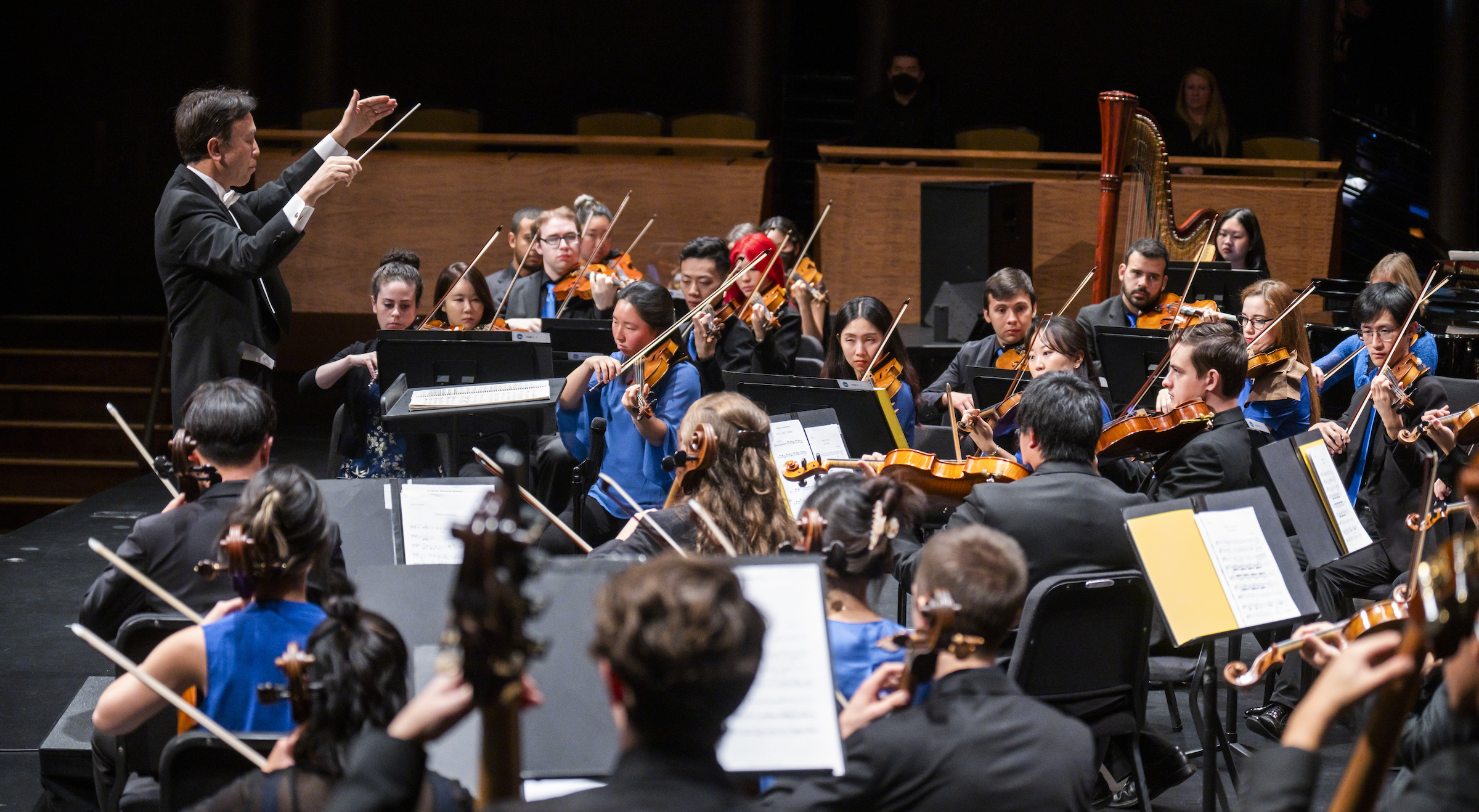
The Orchestra Now (TŌN)
The Orchestra Now (TO ̄N) is a group of vibrant young musicians from across the globe who are making orchestral music relevant to 21st-century audiences. They are lifting the curtain on the musicians’ experience and sharing their unique personal insights in a welcom- ing environment. Conductor, educator, and music historian Leon Botstein founded TO ̄N in 2015 as a master’s degree program at Bard College, where he also serves as president. The orchestra is in residence at Bard’s Fisher Center for the Performing Arts, presenting multiple concerts there each season as well as taking part in the annual Bard Music Festival. It also performs regularly at the finest venues in New York and beyond, including Carnegie Hall, Lincoln Center, Metropolitan Museum of Art, and elsewhere. The orchestra has performed with many distinguished conductors, including Fabio Luisi, Neeme Järvi, Gerard Schwarz, and JoAnn Falletta. Learn More
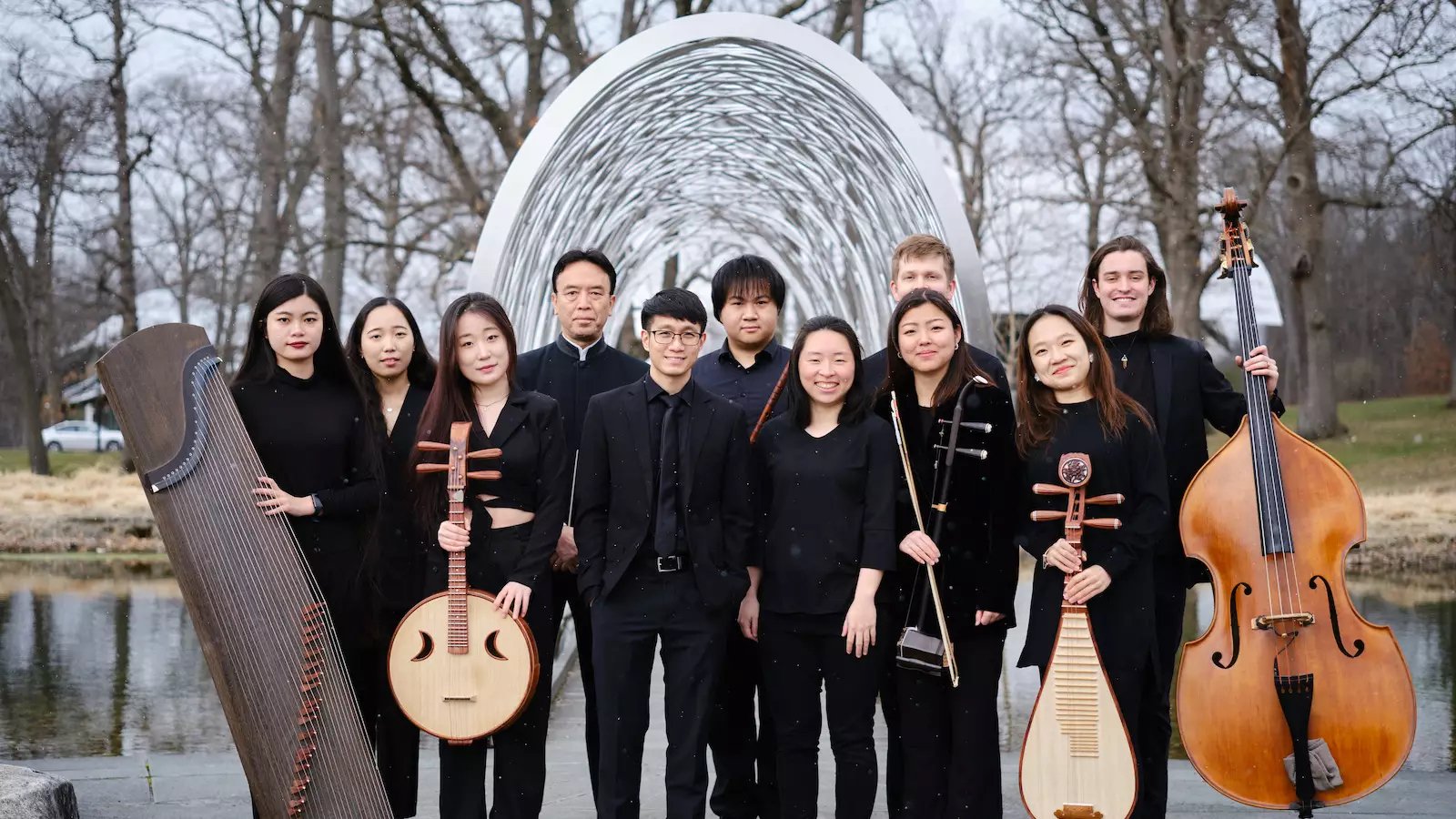
Bard East/West Ensemble
The Bard East/West Ensemble aims to combine the instrumentation and musical traditions of the East and the West, to bring together Chinese music and Western music, and to seek a new model of cross-cultural music cooperation. Under the direction of Jindong Cai, the ensemble is comprised of young musicians from the Bard Conservatory of Music and invites accomplished artists to collaborate as guest soloists. The Bard East/West Ensemble is dedicated to playing works with unique instrumental creations and arrangements, thus creating a new way of musical expression.






















